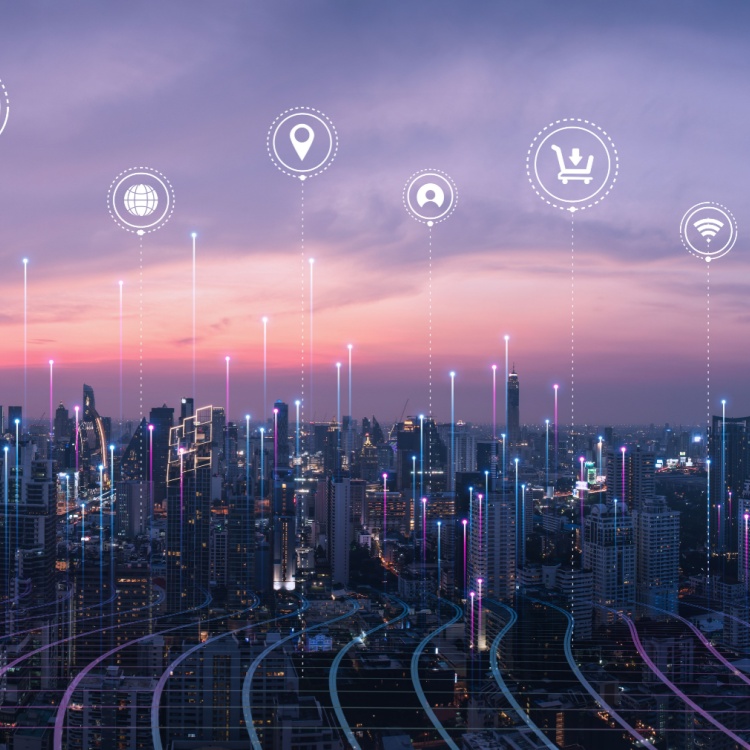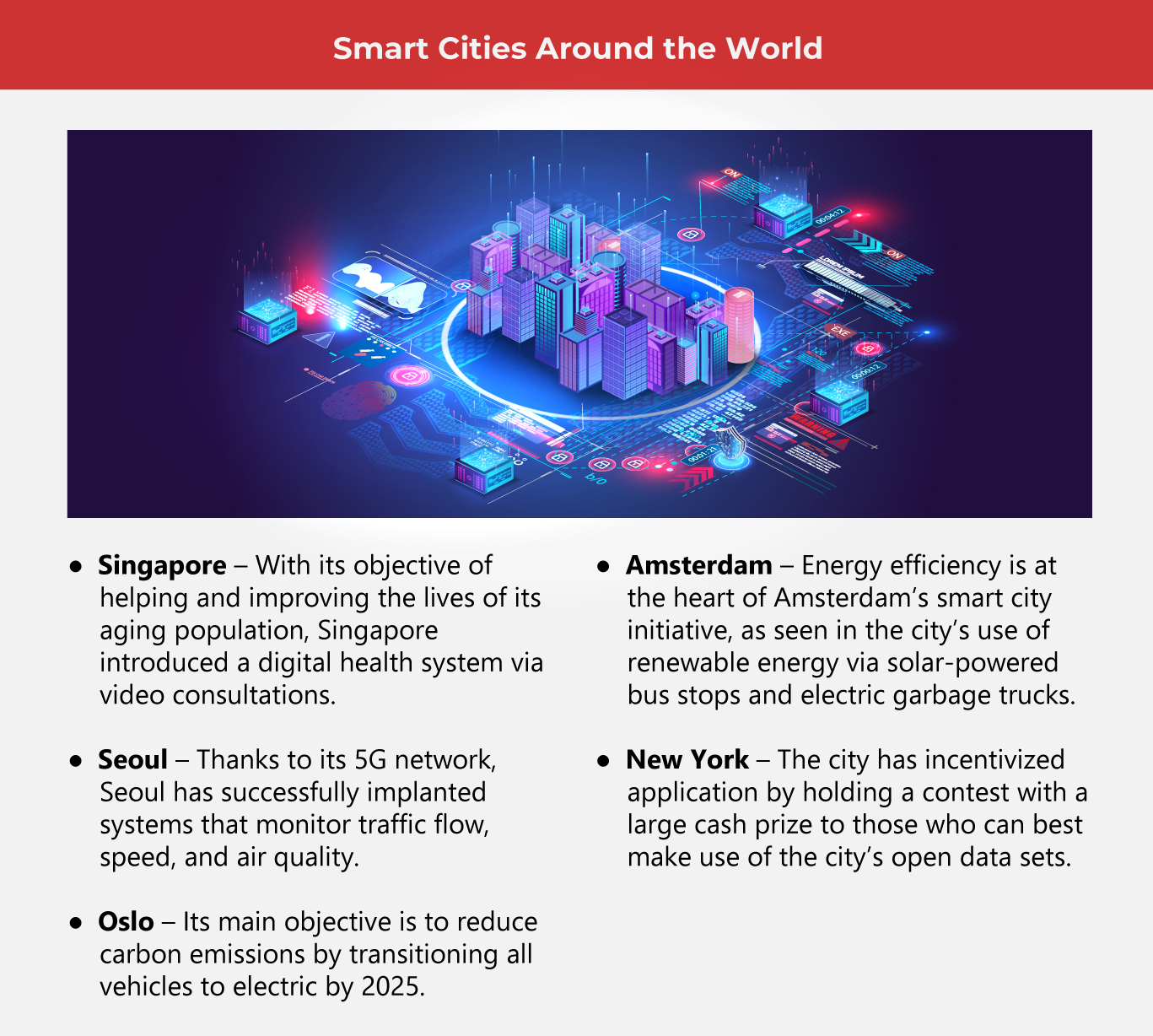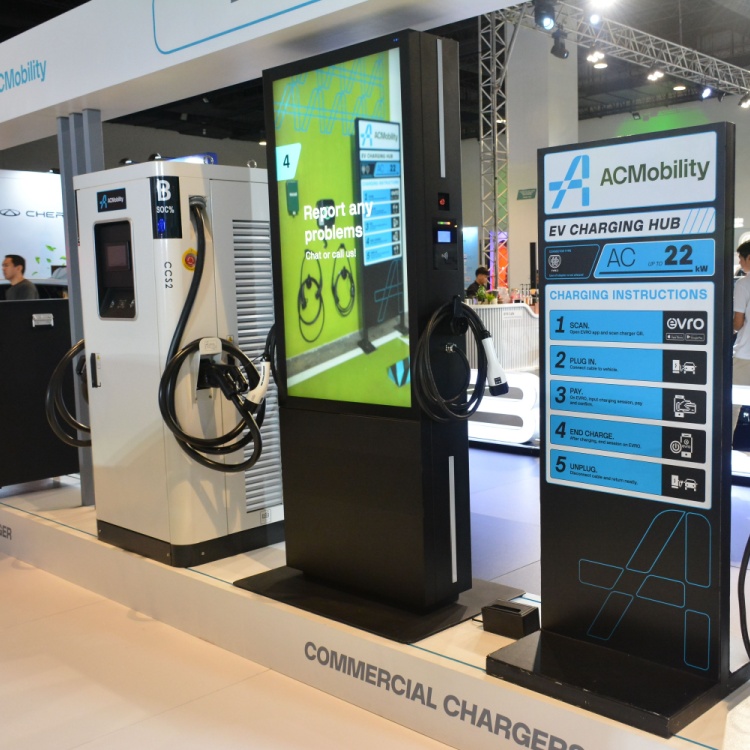Welcome to the Smart City

Smart cities are coming into sharper focus for many countries. The integration of information communication technology (ICT) with other technologies such as IoT is leveraged to improve urban infrastructure, make systems more efficient, and improve overall safety.
When we think of devices and systems that are “smart”, we think of interconnectedness, communication, and efficiency. Smart cities follow the same principle and are blown up to the city scale. Imagine a city where services are more accessible to all, data is used for the population’s benefit, and resources are utilized efficiently.
(Also Read: Smart Cities: A Better Way to Live)
The Building Blocks of a Smart City
Technology makes the heart of a smart city beat. An integration of several technologies, these all work together to build a framework in charge of city operations. From vehicle traffic to energy/power efficiency to public safety, here are some of the technologies that are building blocks for a smart city.
Internet of Things – IoT is said to be the most important building block of a smart city. It operates alongside various networks and software to build the framework of communication and exchange of data around the city.
Cloud – The Cloud is the server where all data collected from the various networks and software are stored.
Edge computing – Think of this as a filter that enables only relevant data to be sent through the communication network.
Automation – Automation makes things run more efficiently and smoothly. An example of this is autonomous vehicles (AVs) that are being tested to follow a fixed route, with the objective of one day being implemented for wider use and public transport.
Application Program Interface – API is a code that allows software programs to communicate. This is important for smart devices found in vehicles, for example, to be able to communicate with traffic or parking software. It enables personal smart devices to interact and communicate with other smart devices.
Artificial Intelligence – AI can help improve overall public safety, monitor weather and climate, and even track the amount of pollution in a city. Sensors and cameras help gather the data needed for monitoring. 
Making Smart Cities Great
In 2024, two key smart city conferences are taking place. These are the Smart Cities Connect Spring Conference (May 7-10, 2024) and Smart City Expo World Congress (November 5-7, 2024) in Raleigh, Illinois, and Barcelona, Spain, respectively.
These conferences gather policymakers in government, ecosystem partners, tech start-ups, exhibitors, and panelists to exchange ideas on how to push smart cities and smart city initiatives forward.
The Smart Cities Connect Spring Conference is focused on cities in the United States. Participating cities span the West Coast region as well as cities from the South. The conference features five program tracks. The first of these is Digital Transformation, which covers topics such as networks, Big Data, AI, sensors, and 5G. Next is Urban Operations, which covers lighting, urban waste, city planning, and emergency response. There’s also Mobility, which deals with transportation, traffic flow, autonomous vehicles, and public transport. The fourth track is Infrastructure, where power grids, buildings, utilities, and resources are managed. Last but not least is Community Engagement, which discusses governance, implementation, policy, and funding.
Meanwhile, the Smart City Expo World Congress promises to be the largest of these conferences. According to its official website, it is the biggest and most influential event on urban innovation. It boasts 25,000 attendees from more than 150 countries and more than 850 cities.
Challenges Smart Cities Face
It’s important to note that for any smart city (or any city, for that matter) to be successful, its government must have its citizens’ interests at heart. It must be transparent, forthcoming, and ethical.
Considering the large amounts of data city networks need to collect from every citizen in the city—data stored in personal devices and appliances, and surveillance cameras placed in public highways, for example, the subject of privacy comes up, and should be addressed. The public will need to be made aware of how their data is collected and stored, and for what purposes.
While public safety is an important application of smart city initiatives, the challenge lies with community cooperation. The benefits of such initiatives should be shown to the public. Procedures for data collection need to be easy, transparent, and responsible.
Along with this, a stable infrastructure that supports these technologies coming together must be established, with careful focus on one or two aspects of the city (i.e., waste management), allowing it time to integrate and be embraced by its citizens until such a time that the practice becomes organic and natural.  As one of the Top 20 EMS companies in the world, IMI has over 40 years of experience in providing electronics manufacturing and technology solutions.
As one of the Top 20 EMS companies in the world, IMI has over 40 years of experience in providing electronics manufacturing and technology solutions.
We are ready to support your business on a global scale.
Our proven technical expertise, worldwide reach, and vast experience in high-growth and emerging markets make us the ideal global manufacturing solutions partner.
Let's work together to build our future today.
Other Blog



